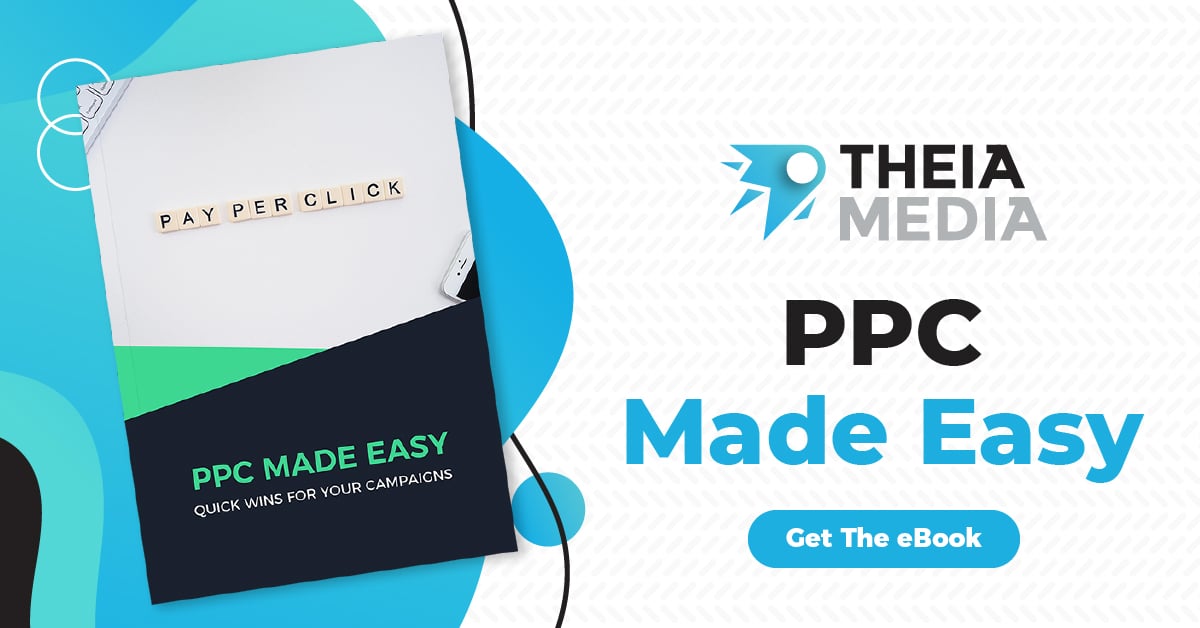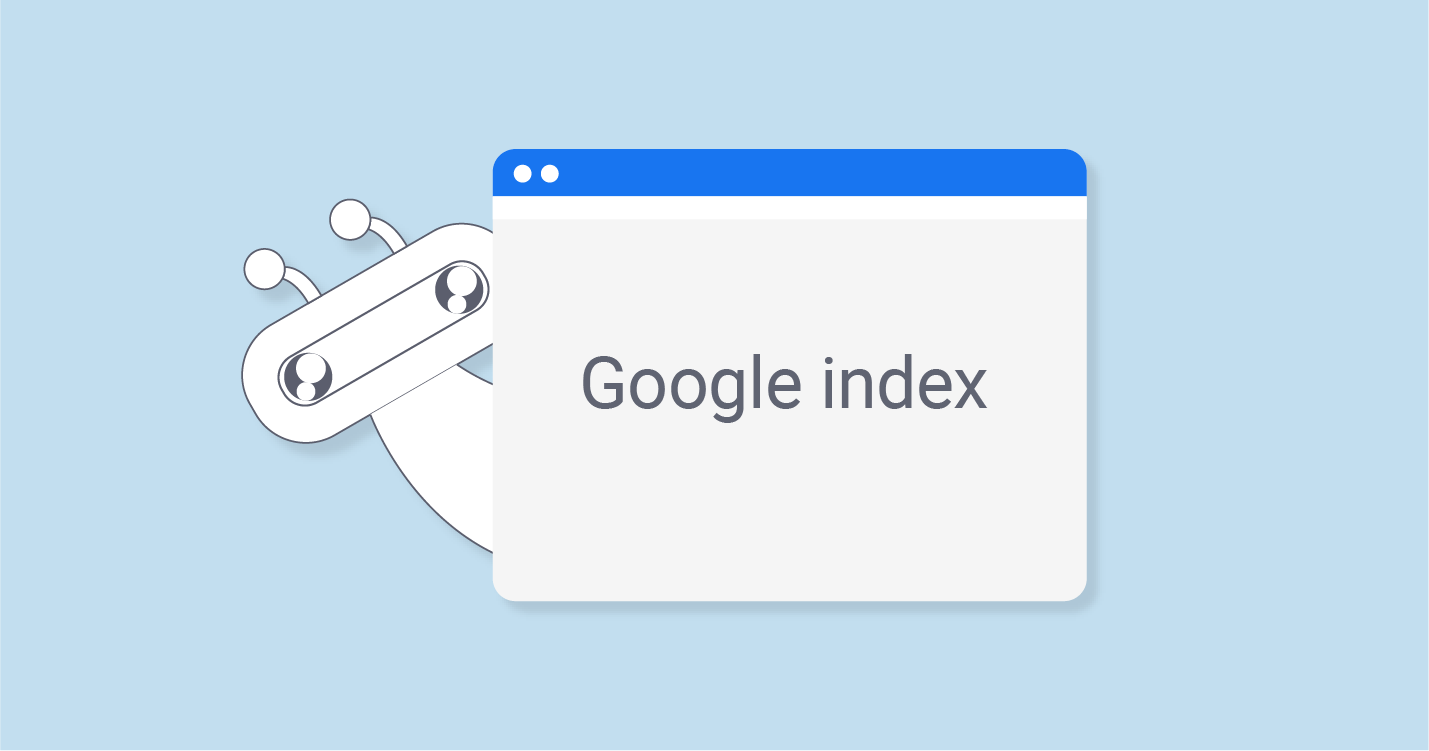When it comes to finding and converting new customers quickly, pay-per-click (PPC) advertising is undeniably one of the most effective strategies out there. However, what's even more crucial than investing in PPC is investing in effective PPC management.
PPC management encompasses a variety of key components that contribute to a successful strategy. Continue reading to discover:
- The essence of PPC management.
- The importance of PPC management.
- How to maximize the potential of your PPC management.
By optimizing your approach to PPC management, you can unlock the full potential of your advertising efforts and achieve remarkable results.
Get Our Free Ebook: PPC Made Easy

Understanding PPC Management
PPC management involves the creation, execution, and optimization of a brand's PPC strategy. It encompasses various crucial responsibilities and duties aimed at delivering effective and efficient campaign results. Key aspects of PPC management include conducting keyword and audience research, analyzing competitors, identifying target channels, creating compelling ads, monitoring and optimizing budgets, optimizing landing pages, generating performance reports, and continuously testing and optimizing campaigns. By employing these practices, brands can enhance their PPC performance and achieve their desired outcomes.
Conducting Keyword Research
The objective of conducting keyword research for PPC campaigns is to identify relevant and high-converting keywords that align with the company's product or service. PPC managers typically utilize a range of tools to aid in this process, including Google Keyword Planner, Semrush, Google Trends, among others. Once the keyword research is complete, the next step involves organizing them into concise themes for campaigns.
Audience Research: Uncovering Insights
Audience research is a valuable tool to enhance Google Ads campaigns. When conducting this research, it's important to identify key characteristics of the core audience persona, such as gender, location, age range, digital channels they engage with, online purchasing and browsing habits, and more. By layering demographic attributes like these onto PPC campaigns in Google Ads, you can achieve a more targeted approach. The result? Increased quality of users and engagement in your PPC campaigns.
Competitive Analysis
A crucial aspect of PPC management is keeping track of top competitors. Performing a competitive analysis should not be a one-time occurrence, but rather a regular practice. PPC marketers can utilize third-party tools, like the ones mentioned above, for keyword research.
When reviewing competitor insights, it is important to monitor the following:
- Which keywords are they bidding on?
- What SEO keywords do they rank for?
- What ad copies are they using?
- On which channels are they advertising?
- What is their budget range for Google Search?
Staying updated on how competitors approach PPC management can provide valuable insights. It can help identify similarities in marketing efforts and uncover any gaps in your current strategy that you may have overlooked.
Remember, the goal is not to mimic your competitors, but to stay informed about what's happening in your core market.
Identifying Target Channels
After conducting initial research on keywords, audiences, and competitors, the next step in PPC management is identifying target channels. If your targeted keywords have high volume or interest, Google and Microsoft Search are excellent starting points.
To expand your brand's reach, consider testing Google Video ads on YouTube.
If your target audience is active on social media platforms, prioritize creating an advertising strategy for those platforms.
Ad Creation
During ad creation, it is crucial to keep your users in mind. Optimize the ad copy for each ad group based on the target keywords.
Try incorporating target keywords in the headlines. In the description lines, experiment with different elements to understand what resonates most with users. This can include showcasing product/service benefits, highlighting problem-solving capabilities, emphasizing social proof or brand authority, and creating a sense of urgency.
Don't forget to utilize the available ad assets, such as sitelinks, images, business logos, price promotions, and more!
Budget Monitoring & Optimization
An essential aspect of PPC management is effectively monitoring and optimizing budgets. If you assume that budget monitoring solely involves preventing campaigns from exceeding their allocated funds, you are mistaken! Each campaign and advertising channel has unique daily budgets, bidding strategies, goals, and key performance indicators (KPIs). It is crucial to track individual campaign performance not only to monitor budgets but also to reallocate funds accordingly. If a few campaigns are performing well but limited by budget constraints, it is important to fully fund those campaigns and reduce the budget for underperforming ones.
Landing Page Optimization
Campaign optimization does not end after a user clicks. Despite investing considerable time and effort into perfecting and managing campaigns, you may find that users are not converting as expected. This highlights the significance of landing page optimization in PPC management. Landing page optimization ensures that the pages users land on from ads are relevant, user-friendly, and optimized for conversions. A well-crafted landing page should address the specific needs of users based on their searches and intents. The purchase experience should be streamlined, not only in terms of navigation but also in terms of page speed.
Performance Reporting
From the outset, measuring PPC performance is essential. It allows you to identify what is working, what is not, and where action needs to be taken. Tools like Google Looker Studio offer a range of dashboard templates for this purpose. Once your data sources are connected to these templates, you can customize reports as needed to maximize their impact. When it comes to performance reporting in PPC management, it is crucial to align the measurements with the company's goals. These goals may include metrics such as cost per acquisition, conversion rate, return on investment, and revenue. Integrating data from PPC campaigns with the ultimate purchase is vital, as these goals will guide the analysis of what is performing well.
Ongoing Testing & Campaign Optimization
After setting up and launching campaigns, it's important to actively manage and leverage data to improve performance. Proactive PPC management involves consistently testing different elements of a campaign, such as ad copy, landing pages, bid strategies, and audiences. It's crucial not to overwhelm yourself by testing too many things simultaneously. Instead, focus on testing one element at a time to gain a clear understanding of its impact.
Regular campaign reviews and optimization should include the following:
- Evaluating bid strategy performance.
- Assessing campaign budgets and limitations.
- Analyzing keyword performance.
- Reviewing search term reports.
- Conducting research for negative keywords.
- And more.
By actively engaging with data and continuously optimizing campaigns, you can achieve better results and maximize the effectiveness of your PPC efforts.
Get Our Free Ebook: Stand Out From The Crowd

Why Should You Use PPC Management?
If you're investing in PPC advertising, it's essential to have some form of PPC management. There are a few ways to achieve this:
- In-house PPC management.
- Hiring a PPC management agency.
Before delving into how to choose the best option, let's explore the key advantages of PPC management.
1. Cost Savings with PPC Management
It may seem counterintuitive, but paying for PPC management can actually save you money, especially in the long run. A well-executed PPC management strategy helps optimize and monitor campaigns, preventing unnecessary spending. Without proper management, your campaigns could quickly drain your budget. Effective PPC management not only saves money but also helps generate revenue.
2. Time Savings with PPC Management
PPC management offers time-saving benefits in various areas:
- Hiring someone for PPC management frees up your time to focus on other projects and growth opportunities.
- Testing hypotheses through PPC campaigns often produces faster results compared to other channels, allowing for prompt action. These are just a few examples of time-saving opportunities.
3. PPC Management Enhances Other Channels
PPC advertising has the potential to drive rapid growth for brands. However, the impact of PPC extends beyond its own performance.
PPC can provide valuable insights for other channels, such as SEO. For instance, PPC campaigns can uncover long-tail, low-volume but high-converting search queries. In highly competitive industries, reallocating some SEO efforts to these niche areas can greatly benefit overall business growth.
Furthermore, investing in PPC advertising can enhance brand recognition over time, reducing reliance on paid media in the long term.
Choosing the Best Option for PPC Management
Both in-house management and agency management have their advantages and disadvantages. Deciding which path to take is a unique decision for each company, but there are key considerations to maximize the benefits of your PPC management.
- Proven expertise. Before hiring an individual or agency, conduct thorough research. Look for client testimonials, published case studies, and their experience in relevant industries. Ensure their industry knowledge aligns with your company's needs. Hiring someone inexperienced may result in delayed performance if training is required.
- Knowledge of PPC platforms. It is crucial to find someone (or a team) who understands the intricacies of PPC platforms. An experienced resource will comprehend the business requirements and nuances to deliver effective results. Verify their proficiency in different platforms like Google and Microsoft Ads, as well as social advertising platforms like LinkedIn and Facebook.
- A balance of strategy and execution. Your PPC management resources should not only know how to use the platforms but also ensure that their strategy aligns with the appropriate campaigns. For example, if you have a limited budget and are targeting lower funnel users, a recommendation to test video ads right away may raise concerns. Additionally, the resource should be knowledgeable about advanced campaign settings from the start.
- Transparency and communication. Clear and respectful communication is crucial in any professional partnership. Ensure that your resource is transparent about strategies, costs, and results from the beginning. Also, consider their responsiveness and whether it meets your needs.
By carefully evaluating these factors, you can set yourself up for success with a reliable PPC management resource. Ultimately, the key to getting the most out of PPC management is finding a resource whose experience aligns with your goals in order to achieve success in your PPC campaigns.
Important Takeaways
PPC management requires a balanced approach of strategy and tactical execution. From initial research and setup to campaign optimization, effective PPC management is vital for both short-term and long-term campaign success. Choosing the right PPC management resource takes time and effort but should be seen as an investment in the overall growth of your company.
Get Your Free PPC Strategy Consultation With Theia Media Today
At Theia Media Agency, we employ a distinctive data-driven strategy to optimize your PPC campaigns. We focus on setting clear goals and crafting compelling messaging that generates quality leads for your business. Take the first step by calling (941) 444-1945 or using our online consultation request form. Let's get started on driving success for your brand!











